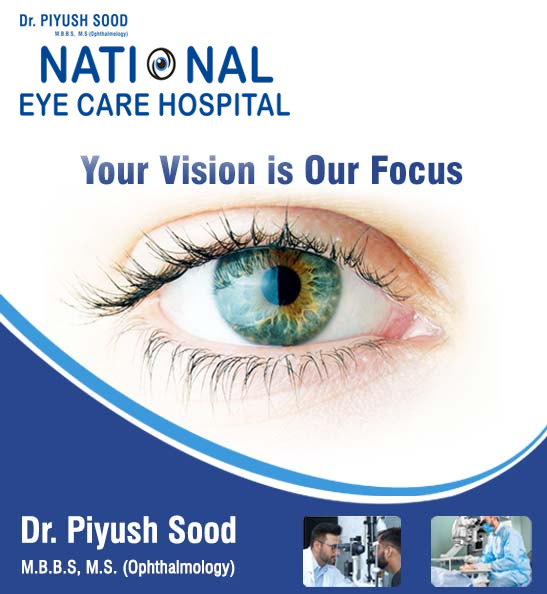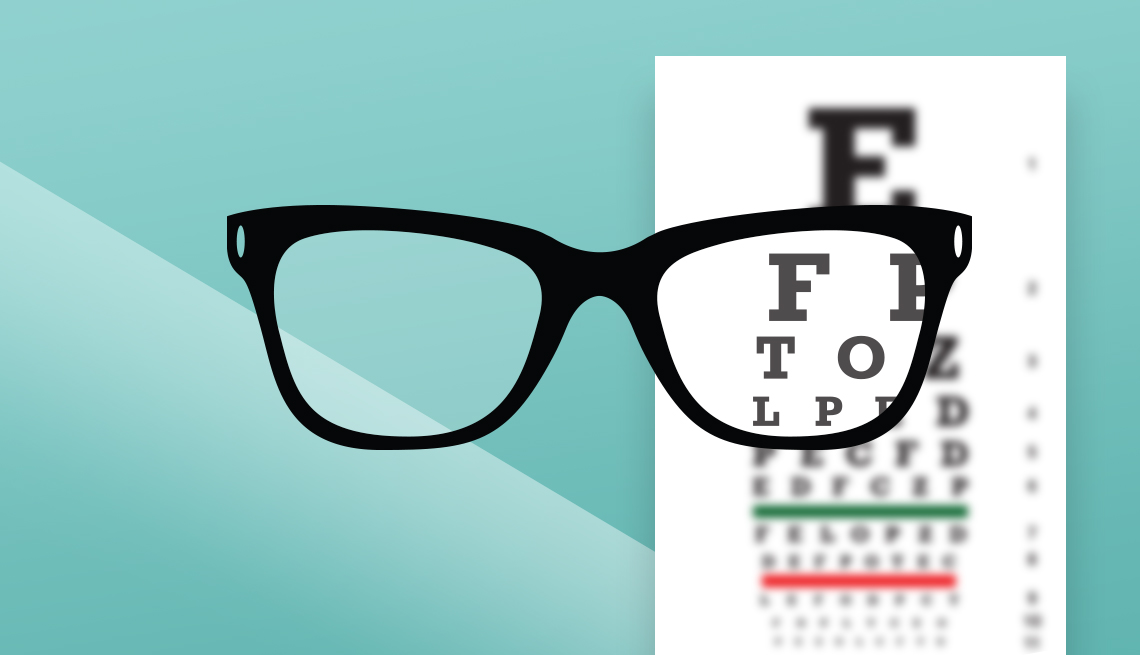Andalusia Pediatrics: Exceptional Take care of Children's Health Needs
Andalusia Pediatrics: Exceptional Take care of Children's Health Needs
Blog Article
Is Refractive Surgery Right for You? Elements to Take Into Consideration for Better Eyecare
In the world of eye treatment, the choice to go through refractive surgical procedure is a crucial one that requires thoughtful factor to consider. From the details of one's eye health and wellness to the ins and outs of individual assumptions and everyday practices, each aspect holds significance in the wider landscape of refractive surgery candidateship.
Eye Wellness Examination
When thinking about refractive surgical treatment, an extensive eye health analysis is crucial to analyze the viability of the procedure for each and every person. eye center andalusia. This analysis entails a series of examinations and evaluations conducted by an eye care expert to figure out the overall wellness of the eyes, the existence of any kind of underlying problems, and the stability of the refractive mistake
During the analysis, different variables are thought about, such as the patient's medical background, current eye prescription, corneal density, pupil dimension, and tear movie high quality. These evaluations help to recognize any contraindications to refractive surgical procedure, such as corneal abnormalities, cataracts, or untreated eye infections. Furthermore, the evaluation aids to manage individual assumptions concerning the prospective end results of the surgery based upon their unique eye attributes.
Eventually, the eye health and wellness analysis is crucial in making certain the safety and effectiveness of refractive surgical treatment, as it supplies beneficial insights into the individual's eye health status and assists identify the most appropriate treatment choices for attaining optimum aesthetic results. (cardiologist andalusia)
Lifestyle Analysis
A comprehensive way of living evaluation is integral in establishing the suitability of refractive surgical procedure for an individual's aesthetic correction requirements. Way of living elements such as occupation, pastimes, and day-to-day activities play a critical role in the decision-making procedure relating to refractive surgery.
Moreover, lifestyle practices such as sporting activities participation, outdoor activities, and even skin care routines can influence the healing procedure and total success of refractive surgery. As an example, people who take part in get in touch with sporting activities may need to take added precautions to secure their eyes throughout the recuperation period. Furthermore, people with considerable sunlight direct exposure might call for added post-operative treatment to prevent problems. By carrying out a detailed way of living analysis, eye treatment specialists can tailor their recommendations and therapy plans to meet the special requirements of each client, ultimately causing enhanced aesthetic results and fulfillment.
Expectation Placement

Individuals need to comprehend that while several individuals accomplish 20/20 vision or far better complying with refractive surgical procedure, some may still require glasses for specific activities like reading or driving at evening. Taking care of these expectations assists protect against frustration and frustration post-surgery, leading to a more positive total experience for the patient.
Danger Evaluation

Factors that might raise the risk of complications include age, specific clinical conditions like autoimmune illness, unpredictable vision prescription, thin corneas, and unrealistic individual assumptions. Additionally, selecting a seasoned and competent specialist, adhering to pre and post-operative care instructions diligently, and divulging any type of appropriate clinical background can help reduce dangers.
To lessen the chance of problems, ophthalmologists carry out detailed pre-operative evaluations to identify any kind of contraindications to surgical treatment. They likewise go over the prospective dangers and advantages with patients during the assessment process. By engaging in open communication and shared decision-making, both the client and the eye doctor can collaborate to determine if refractive surgery is the right choice based on individual risk profiles and wanted end results.
Appointment Relevance
Taking into consideration the essential duty of educated decision-making in assessing threats and possible issues in refractive surgical treatment, the assessment process holds substantial relevance in assisting individuals towards optimal end results. Throughout the assessment, the ophthalmologist reviews the individual's eye health and wellness, refractive errors, and overall viability for surgical treatment. This initial analysis is vital in figuring out the most ideal procedure for each individual, thinking about variables such as corneal thickness, student size, and existing eye problems.
Furthermore, the consultation acts as a possibility for clients to review their expectations, problems, and any type of questions they might have regarding the surgical treatment. Clear interaction between the doctor and the client is essential to make sure realistic expectations and a thorough understanding of the possible risks and advantages entailed.
Additionally, the examination allows the cosmetic surgeon to clarify the different surgical alternatives offered, their corresponding outcomes, and the post-operative care needed. This thorough discussion empowers clients to make educated choices about their eye care, causing far better satisfaction and results post-surgery.
Verdict
To conclude, individuals considering refractive news surgical procedure needs to undergo an extensive eye health and wellness examination, analyze their lifestyle habits, align their assumptions with prospective outcomes, evaluate the involved dangers, and prioritize examinations with eye treatment specialists. These variables play a critical duty in determining the suitability of look at these guys refractive surgery for each person, making certain optimum end results and contentment with the treatment.
People taking into consideration refractive surgical treatment usually have high assumptions pertaining to the results, expecting ideal vision without the demand for glasses or call lenses. While refractive surgical procedure can considerably enhance vision and reduce dependence on aesthetic aids, it is essential for patients to understand that outcomes might vary based on specific aspects such as the degree of refractive mistake, corneal density, and overall eye health.
By involving in open interaction and shared decision-making, both the ophthalmologist and the person can work together to establish if refractive surgical treatment is the right selection based on specific risk profiles and desired end results.
Thinking about the critical duty of informed decision-making in examining risks and possible problems in refractive surgical procedure, the examination process holds considerable relevance in assisting people towards optimal outcomes. During the consultation, the eye doctor assesses the person's eye health and wellness, refractive mistakes, and overall viability for surgery.
Report this page